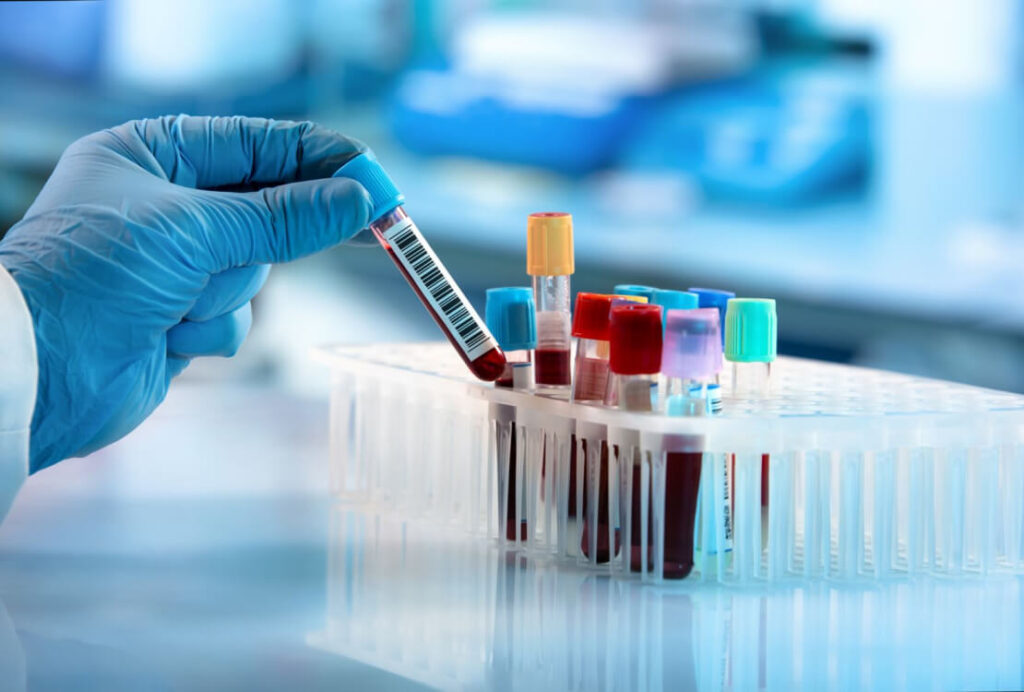Medical laboratories are the unseen engines of healthcare, providing essential services that underpin nearly every aspect of modern medicine. From diagnosing diseases to monitoring chronic conditions and guiding treatment plans, these laboratories play a crucial role in ensuring accurate and timely medical care. laboratories, highlighting their importance in contemporary healthcare.
Medical laboratories are diagnostic powerhouses that transform patient samples into actionable medical insights. Through a variety of tests, from simple blood counts to complex genetic analyses, these labs provide critical data that physicians rely on for diagnosing illnesses. For instance, when a patient presents with ambiguous symptoms, a series of laboratory tests can narrow down the potential causes, enabling a precise diagnosis. This diagnostic accuracy is vital for initiating the correct treatment regimen and improving patient outcomes.

The technology employed in medical laboratories has advanced remarkably, allowing for faster and more accurate results. Automated analyzers, molecular diagnostics, and high-throughput sequencing are just a few examples of innovations that have revolutionized laboratory medicine. These advancements not only enhance the speed and reliability of test results but also expand the range of detectable conditions, from common infections to rare genetic disorders. Such capabilities underscore the indispensable role of laboratories in the healthcare continuum.
Moreover, the integration of artificial intelligence and machine learning in laboratory processes is beginning to transform diagnostic practices. These technologies can analyze vast amounts of data more efficiently than human analysts, identifying patterns and anomalies that might otherwise go unnoticed. This not only accelerates the diagnostic process but also enhances the precision of tests, leading to more accurate and early detection of diseases.
Chronic diseases, such as diabetes, hypertension, and cardiovascular conditions, require ongoing monitoring to manage effectively. Medical laboratories are central to this process, offering a range of tests that track disease progression and treatment efficacy. For example, regular blood tests for glucose levels in diabetic patients are crucial for adjusting medication dosages and dietary recommendations. Similarly, lipid profiles and kidney function tests help in managing cardiovascular diseases and preventing complications.
Laboratories provide vital feedback to both patients and healthcare providers, enabling informed decisions about treatment adjustments. This continuous monitoring helps in maintaining disease control and preventing exacerbations, which can significantly improve the quality of life for patients with chronic conditions. The laboratory data thus serves as a foundation for personalized medicine, where treatments are tailored to individual patient needs based on precise and ongoing monitoring.
Furthermore, advancements in laboratory technology have led to the development of point-of-care testing devices. These portable and easy-to-use devices allow for immediate testing and results, often right at the patient’s bedside or at home. This not only enhances patient convenience but also ensures timely adjustments to treatment plans, thereby improving disease management. The accessibility of such technology represents a significant leap forward in chronic disease care, making laboratory services more integral to patient management than ever before.

Beyond individual patient care, medical laboratories play a crucial role in public health and epidemiology. They are at the forefront of detecting and tracking infectious diseases, contributing to outbreak management and control. During the COVID-19 pandemic, for instance, the rapid development and deployment of diagnostic tests by medical laboratories were pivotal in identifying and isolating cases, thereby mitigating the spread of the virus.
Laboratories also conduct surveillance for antibiotic resistance, monitoring trends and identifying new resistant strains. This information is essential for guiding public health policies and informing clinical practices to combat the growing threat of antibiotic-resistant infections.
In the realm of epidemiology, laboratories assist in understanding the prevalence and distribution of diseases within populations. Through large-scale screening programs and research studies, they collect and analyze data that reveal patterns of disease occurrence and risk factors. This information is invaluable for designing targeted interventions and prevention strategies, ultimately improving community health outcomes.
Medical laboratories are the backbone of modern healthcare, providing essential services that span diagnosis, chronic disease management, and public health. Their role is ever-expanding with technological advancements, making them indispensable in delivering high-quality medical care. As we continue to navigate complex health challenges, the contributions of medical laboratories remain vital in ensuring accurate diagnoses, effective treatments, and improved health outcomes for all.